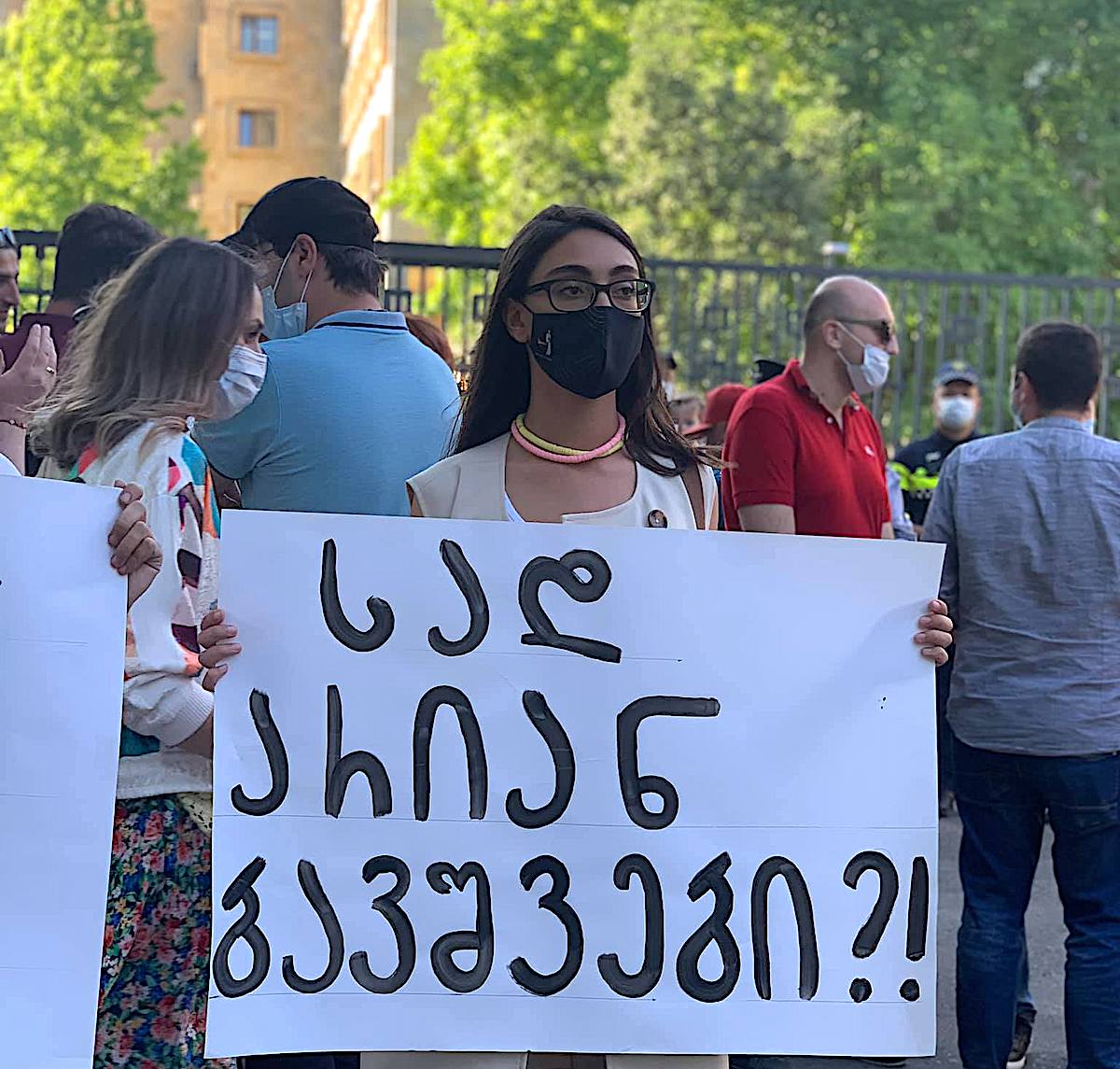Share














Most read

Top stories in Azerbaijan, Armenia, and Georgia from 9-13 February, 2026
19 Azerbaijani experts cross land border to meet Armenian counterparts for the first time
Awaiting end of war in Ukraine: Russia’s intentions in South Caucasus
'Goal is to turn Armenia into a Russian outpost': Samvel Karapetyan named as prime ministerial candidate
Opinion: 'Vance’s visit to Armenia and Azerbaijan shows failure of Georgia’s foreign policy'

EU document on Ukraine calls on Russia to withdraw troops from Georgia, Radio Liberty reports
Council of Europe anti-torture committee report on police violence at protests in Georgia
Journalist Eliso Kiladze arrested in call centre case also involving former Georgian prosecutor Otar Partskhaladze
Azerbaijan joins anti-organ trafficking convention: what it means and what to expect
Latest news in Georgia, Armenia, Azerbaijan, summary. Live












